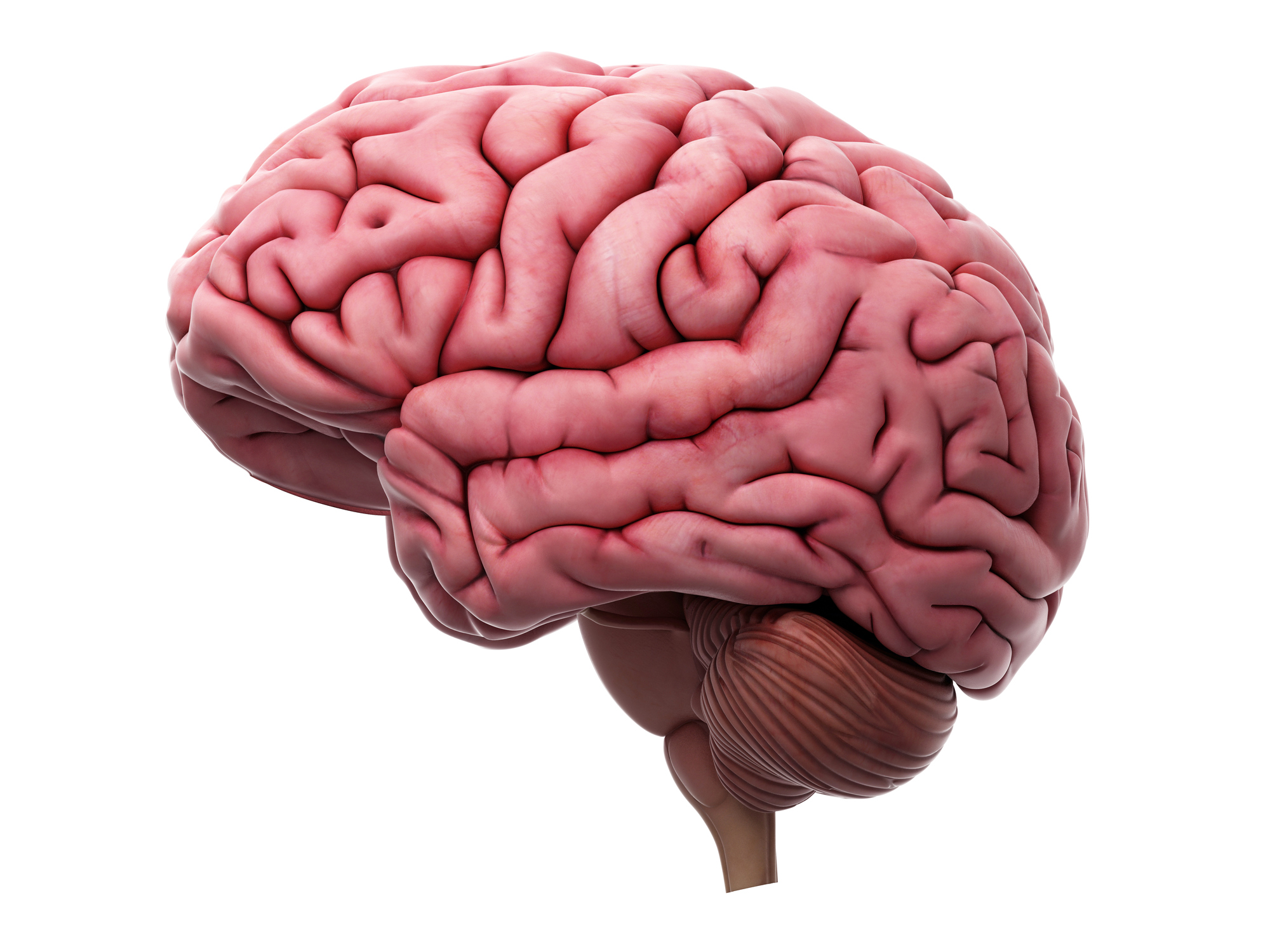Two years into the COVID-19 pandemic and researchers are still learning more about the lasting effects the virus has on people who have been infected. A new study, published in the journal Nature, of people between the ages of 51 and 81 shows shrinkage and tissue damage in the brains of those who were infected with the virus.
The UK study used brain scans of participants, taken roughly three years apart. In the time between the two scans, 401 of the 785 volunteers tested positive for coronavirus between March 2020 and April 2021. The remaining 384 participants who were not infected served as a control group with similar ages, sex, medical histories, and socioeconomic status as the infected patients.
Although it is normal for aging adults to lose a tiny bit of gray matter each year, study participants who contracted COVID-19 lost more overall brain volume and showed more tissue damage in areas of the brain associated with sense of smell and other functions. Although the number of study participants who were hospitalized was only 15 – initial research suggests that more severe illness results in greater brain atrophy than mild coronavirus infection.
In addition to brain scans, study participants also underwent basic cognitive testing. Patients who contracted COVID-19 showed a greater decline in cognitive testing related to attention and performing a complex task than those who did not become infected. The differences between uninfected and infected patients increase with age.
Although the finding of the study raises many more questions about the lingering effects of coronavirus infection on the aging brain, the research does not confirm that contracting the virus will necessarily lead to a loss of function or quality of life. Until more long-term research is conducted, it is unknown if changes in the brain related to COVID infection will improve over time.
The study does possibly help to explain why so many people report experiencing long COVID symptoms such as brain fog, fatigue, and problems with concentration and memory weeks to months following infection. As more research builds on the Nature study, scientists will be better able to understand changes in the brain associated with COVID-19 infection and their long-term implications.






Add Your Voice
0 Comments
Join the Discussion